Actualites | PRO-Jeunes Vocational Training for Women in Energy
Agreement number: 72062421CA00001
The PRO-Jeunes Vocational Training for Women in Energy project sought to enable young women to safely generate income and assets through (self-)employment in the growing energy sector. The project built upon, and expanded, services offered through the IRC’s wider PRO-Jeunes program www.projeunes.org, which aimed to improve women’s access to educational and technically qualifying opportunities, to strengthen their professional networks and access to resources, and to address underlying harmful social norms and behaviors that prevent women’s entry into the male-dominated Ivorian energy sector.
In meeting this goal, the project had three specific objectives:
Objective 1: Women have the entrepreneurial and socio-emotional skills to identify and plan (self-)employment opportunities.
Objective 2: Women have the market-relevant technical skills, professional networks, market linkages, and necessary financing to pursue employment opportunities in the energy sector.
Objective 3: Women have increased decision-making power and control over resources.
As part of this program, from April 2017 to December 2023, 892 young women (544 in urban areas and 348 in rural areas) were trained in life and entrepreneurial skills through the IRC’s Learn to Earn (L2E) module. In collaboration with 6 vocational training centers, IRC organized a total of four training cycles, during which 244 young women were trained in domestic electricity and 199 in solar energies, making a total of 443 women trained in energy during this period. Following their training in solar energy and domestic electricity, the young beneficiaries were integrated into the energy sector.
The following is one of many success stories from the project:
 Kone Alimata was one of the PRO-Jeunes beneficiaries of USAID cohort 2 and is currently a solar energy technician. After four months' training, the project equipped the beneficiaries with a starter kit containing the main work tools of an electrician, as well as personal protective equipment (PPE). Since then, Alimata has become independent. She does her own prospecting, looks for markets and installs solar photovoltaic systems in Ferkessédougou. “I’m married and live with my husband and children in the Leplekaha neighborhood. Today I'm proud of myself because I've mastered all the elements of a solar installation. I go to the surrounding villages to look for markets. I have a few installation and maintenance contracts. In three months, I've saved $150 (CFA 90,000). To keep practicing, I've installed solar panels in my own house, and I do the maintenance work, much to my husband's delight, and under the curious and admiring gaze of passers-by. I'd like to say thank you to this project, which has enabled me to get this training and take my place in society. I urge all women who don't have a job to take up solar energy".
Kone Alimata was one of the PRO-Jeunes beneficiaries of USAID cohort 2 and is currently a solar energy technician. After four months' training, the project equipped the beneficiaries with a starter kit containing the main work tools of an electrician, as well as personal protective equipment (PPE). Since then, Alimata has become independent. She does her own prospecting, looks for markets and installs solar photovoltaic systems in Ferkessédougou. “I’m married and live with my husband and children in the Leplekaha neighborhood. Today I'm proud of myself because I've mastered all the elements of a solar installation. I go to the surrounding villages to look for markets. I have a few installation and maintenance contracts. In three months, I've saved $150 (CFA 90,000). To keep practicing, I've installed solar panels in my own house, and I do the maintenance work, much to my husband's delight, and under the curious and admiring gaze of passers-by. I'd like to say thank you to this project, which has enabled me to get this training and take my place in society. I urge all women who don't have a job to take up solar energy".
Over the course of the project, 420 women from the 20 VSLAs set up in rural areas were trained on the sale of solar energy products, and the sale and maintenance of solar home systems (SHS).
Somontou, a village 31 km from Ouangolodougou in the Tchologo region, with a population of around 900 inhabitants and no connection to the national electricity grid, has benefited from the installation of a 25KW self-generating solar energy microgrid, financed entirely by USAID, which will generate electricity for productive use. The energy produced, estimated at 100 kWh per day, will be used to run a multiservice platform managed by local women's group. 88 women were trained by PRO-Jeunes and were able to strengthen their economic autonomy by setting up income-generating activities based on the electrical energy produced, such as processing and selling agricultural produce, preserving and selling fish products, powering sewing workshops and many others. Following the installation of the microgrid in the village of Somontou, the women are now selling juice, ice cubes, frozen fish and offer a shelling and grinding service. Coupled with a useful lithium battery storage capacity of 54KWh, this system will ensure the continuity of the women's economic activities day and night.
It is estimated that the installation of this microgrid will prevent the emission of 16 tons of carbon dioxide per year. This is in therefore line with the commitments made by Côte d'Ivoire at the 21st Conference of the Parties on Climate Change in 2015 to reduce its gross greenhouse gas emissions by 28% by 2030.
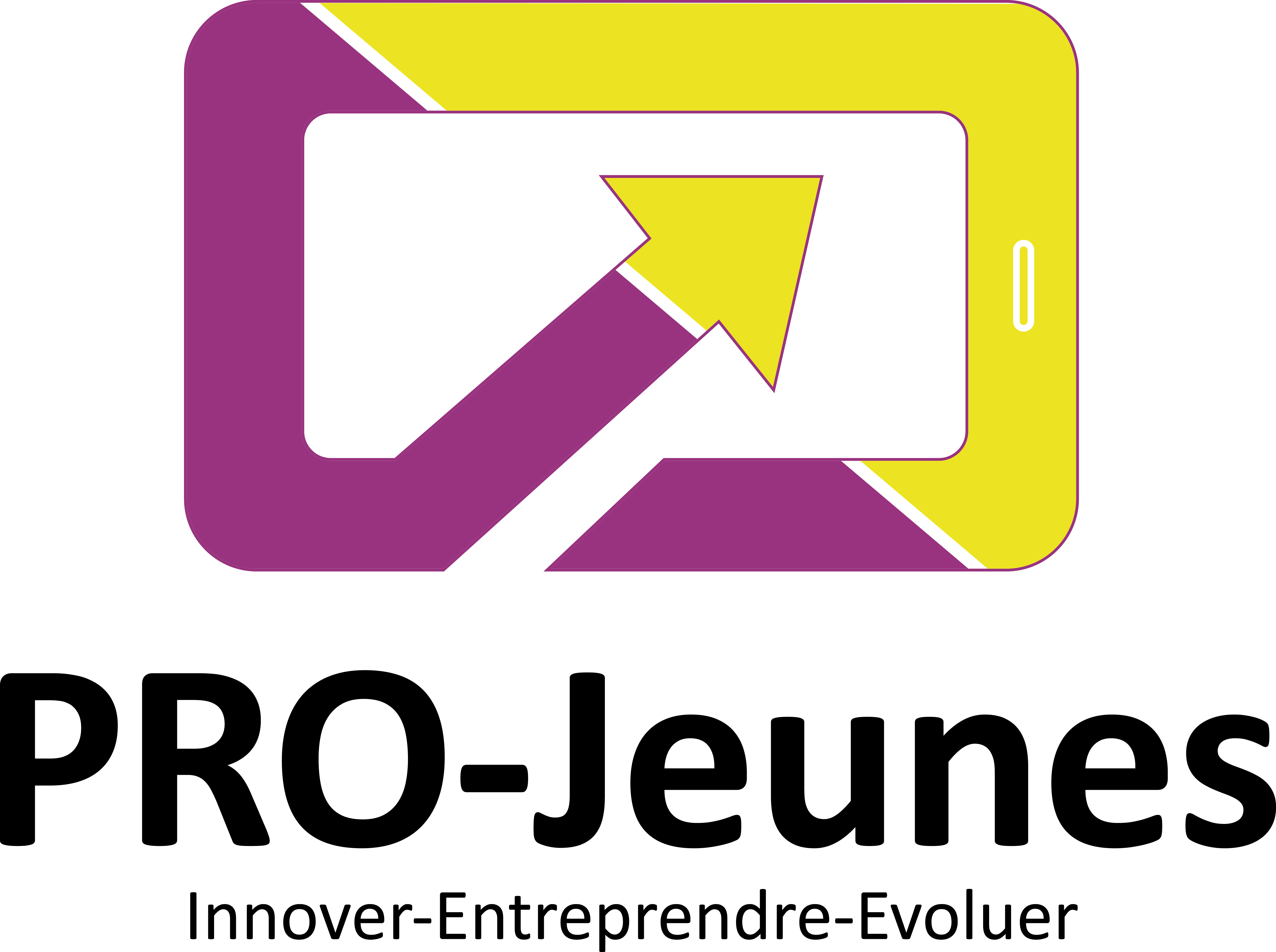
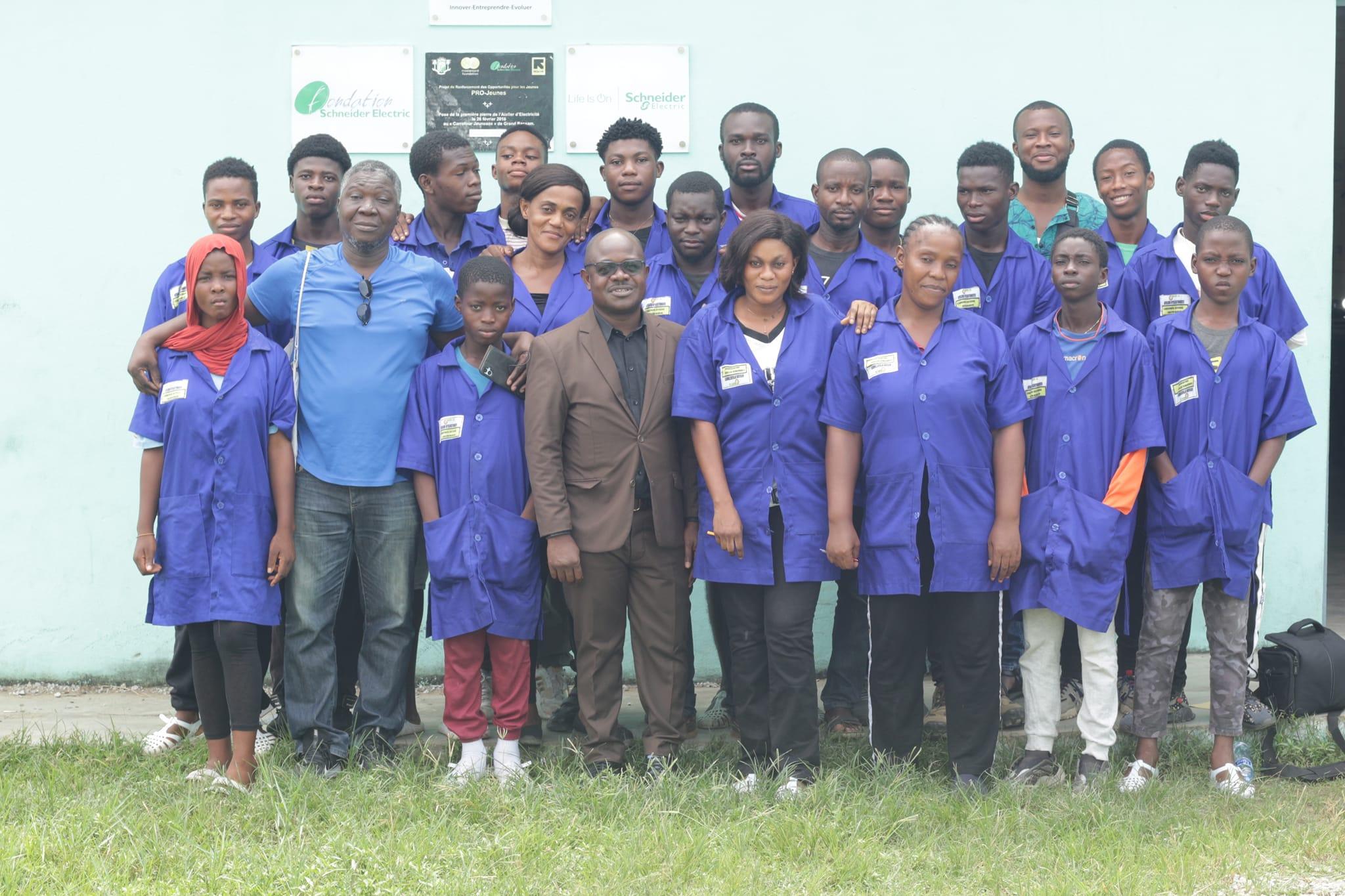
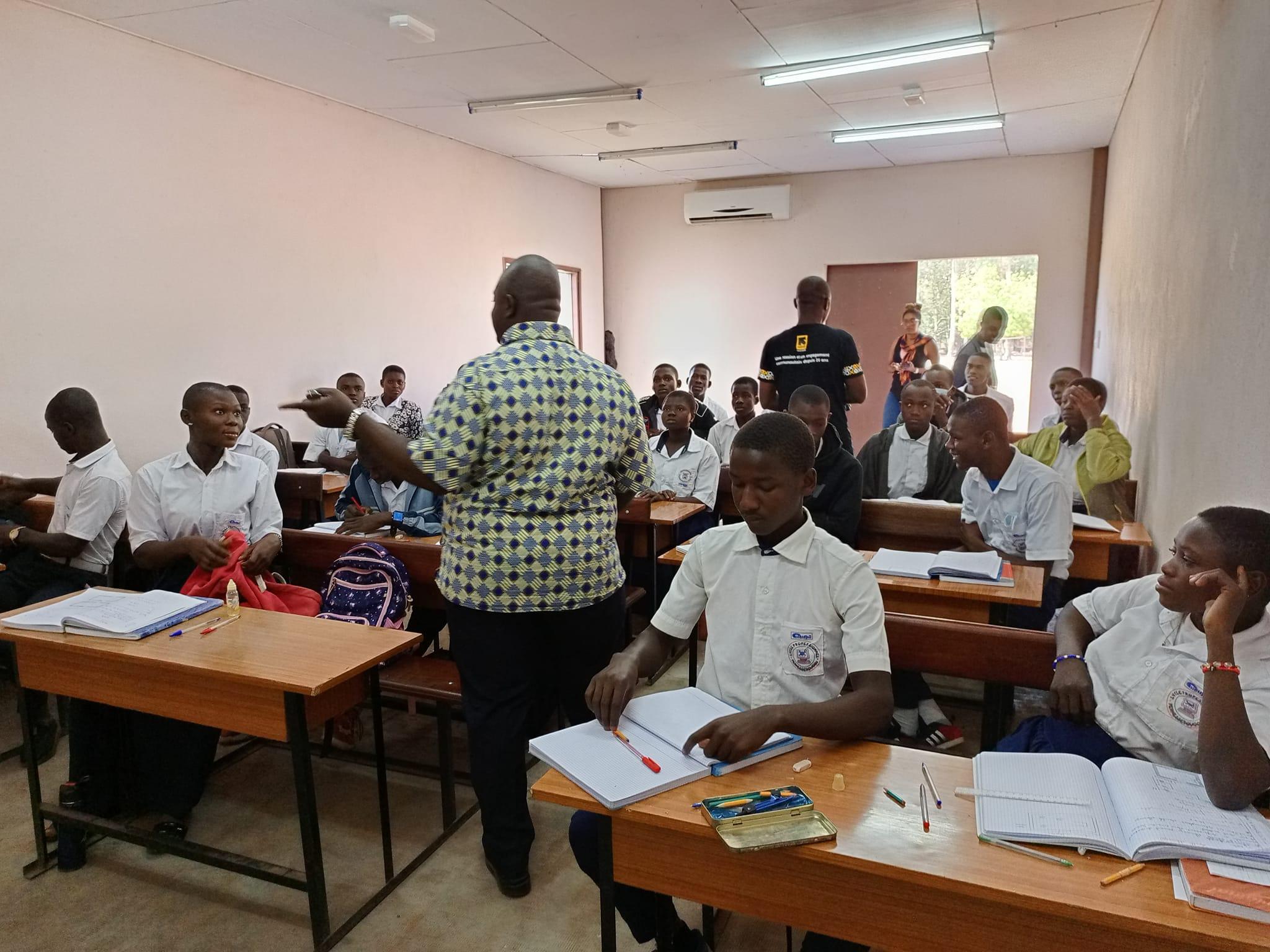
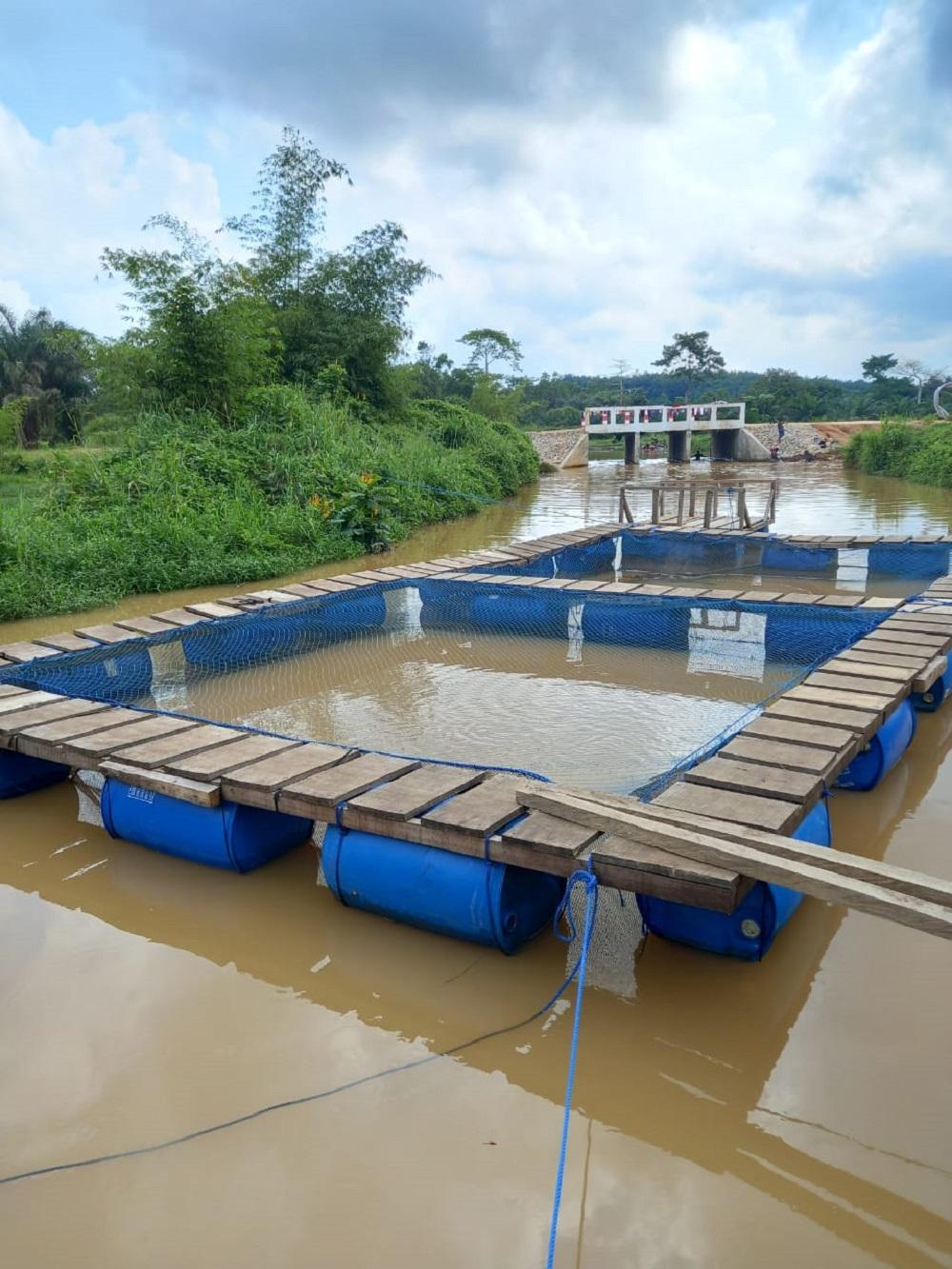
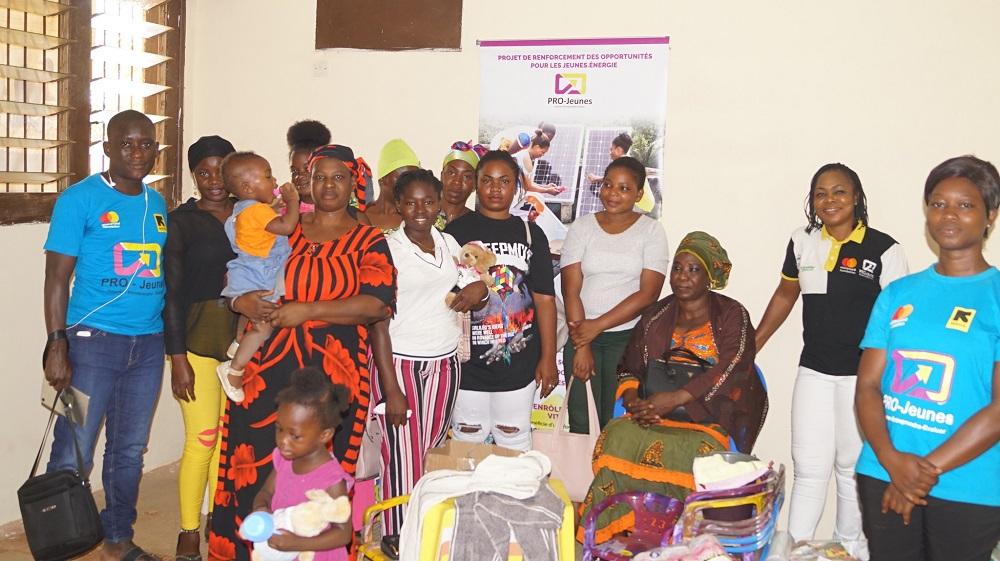
Commentaires